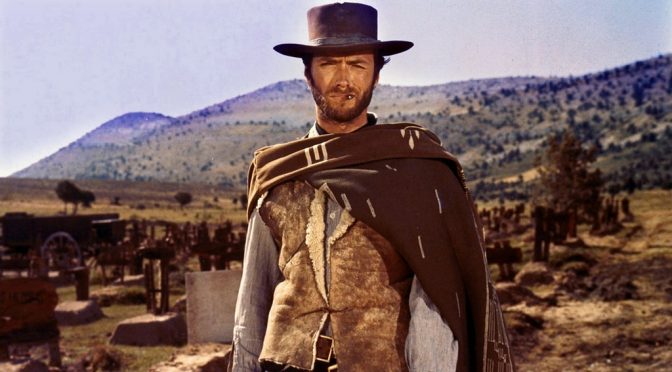It has been a challenging week for ethics and morality. Of course I am talking about the recent news regarding one of the leading charitable organizations in the UK and not politics or anything particularly relating to me personally.
Things then kind of culminated with me watching a new series on Netflix entitled Dirty Money which exposed the fact that a leading German automotive manufacturer funded a research study to prove that modern diesel cars were less harmful to humans than their predecessors they did this by exposing monkeys to nitrogen dioxide fumes.

While I tittered at the social media snipes at the charity, I was quite frankly appalled by the piece on automotive defeat devices. I couldn’t help also recognising that the moral fibre of both organizations was being seriously called into question by the media and public at large.
Disappointingly, these kinds of behaviours seems to be a pretty common problem these days. Everything from movie making moguls to leaders of all sizes of nations – they are all having their morals and ethics called into question. It is all rather sad.
“All persons ought to endeavor to follow what is right, and not what is established.” ― Aristotle
One thing that seems somewhat clear, there seems to be a belief that a lack of morality and a lack of ethics at the individual level can be dismissed as influencing the group, government or society. This is of course completely untrue. If we cannot maintain integrity as individuals then how can this be expected to prevail for collectives?
More importantly, if we simply ignore or accept immoral or unethical behaviour, it will ultimately become systemic to the way that society functions and this in effect makes it acceptable and the norm.
There is some suggestion that the way organizations function is largely attributed to the leadership of those organizations, that if the CEO has questionable morals and ethics, that this permeates the remainder of the leadership and filters down to the rest of the organization. I am not convinced, employees are not automatons (yet) and we can make choices. Sometimes we may feel that the only choice is to leave for somewhere moe aligned with our own personal values.
In the end, choosing to do what is right and what is good must be better than doing what is wrong and bad. Sometimes doing the right and good thing is in direct competition with what makes the most economic or commercial sense but make the right business decision is not the same as making the right moral or ethical decision.
“A reputation once broken may possibly be repaired, but the world will always keep their eyes on the spot where the crack was.” ― Joseph Hall
Some bad business decisions can be cataclysmic, but more often than not corrective action can be taken, if taken in time, and the business can be steered away from foundering.
When a business makes an ethically or morally questionable decision, no amount of subsequent ethical or moral decisions will actually undo the damage that has already been done.
I can only conclude then, that to do good whenever possible is far better than to do bad.
The article originally appeared on LinkedIn
The photo is credited to the classic Clint Eastwood western The Good, The Bad and the Ugly and was harvested from Yagisu

Nice article 👍